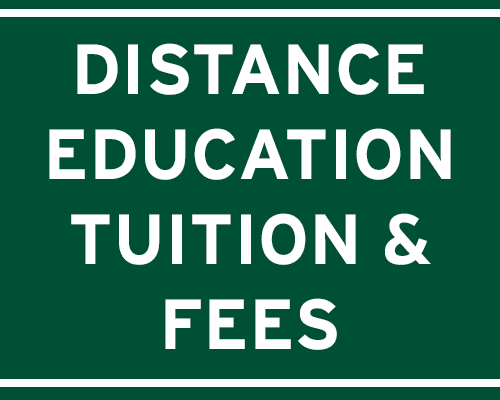Understanding Distance Education Tuition and Fees at UNC Charlotte

As online learning continues to expand, the need for clear and transparent information about tuition and fees becomes even more important, especially for distance education students. At the University of North Carolina at Charlotte (UNC Charlotte), distance education offers flexibility and accessible learning. However, understanding the cost structure is essential for students planning their academic journey.
Why does location matter?
Tuition and fees at UNC Charlotte are charged per credit hour and vary based on a student’s academic program, degree level, and residency status.
- In-State Residents: Students who have established and maintained legal residence in North Carolina for at least 12 consecutive months prior to enrollment at UNC Charlotte are eligible for in-state tuition rates for distance education.
- Out-of-State Residents Living Outside NC: Students who reside outside North Carolina while enrolled in a UNC Charlotte distance education program are considered out-of-state students and are charged out-of-state tuition rates.
- Non-Residents Living in North Carolina: Students who currently live in North Carolina but have not met the 12-month residency requirement are still considered non-residents and will be charged the non-resident tuition rate. This rate is significantly higher than the rate for students who have established North Carolina residency for at least 12 consecutive months.
Residency status is determined through the North Carolina Residency Determination Service (RDS) via the online application process.
Beyond Tuition: Understanding Additional Costs
Some academic programs include additional specialized fees. For example, students in the College of Education may be required to pay for the edTPA certification assessment, which adds approximately $300 per term. Other colleges may apply major-specific fees per credit hour.
Beginning in Fall 2025, both on-campus and distance education students will pay the same major fees regardless of modality. All students are also subject to a set of mandatory student fees. However, distance education tuition and fees are significantly reduced compared to those for on-campus students.
To view the most up-to-date tuition and fee breakdowns, students are encouraged to visit the official Niner Central Tuition and Fees page. There is also a very helpful FAQ that is tailored to Distance Education students.
Putting It All Together!
UNC Charlotte’s distance education programs offer a flexible and accessible path to achieving educational goals. By understanding tuition, additional cost/ fees, and residency classification early on, students can better prepare for academic success and financial planning.